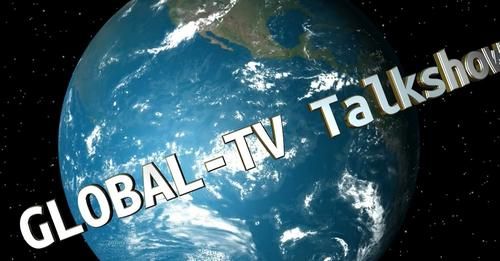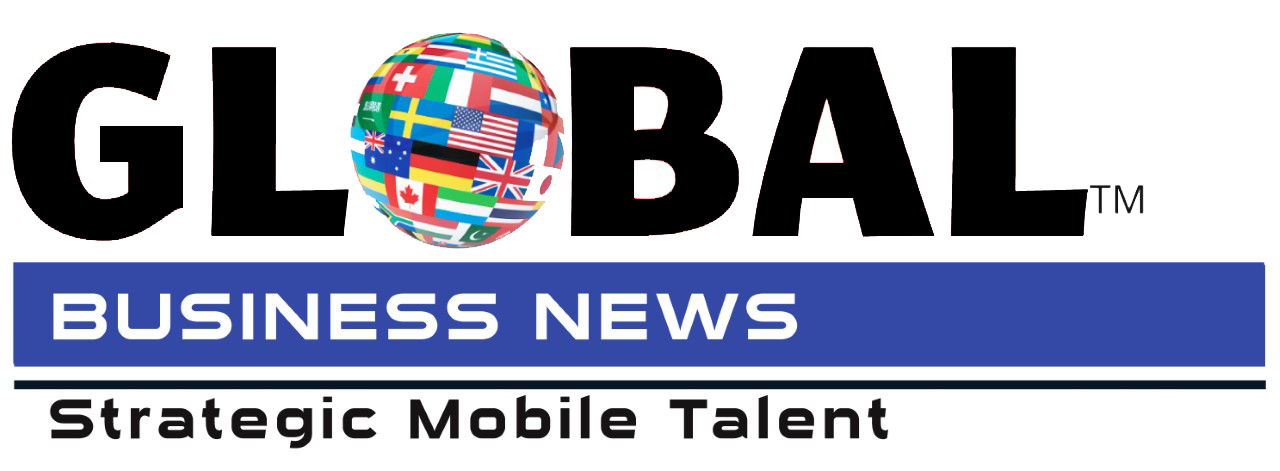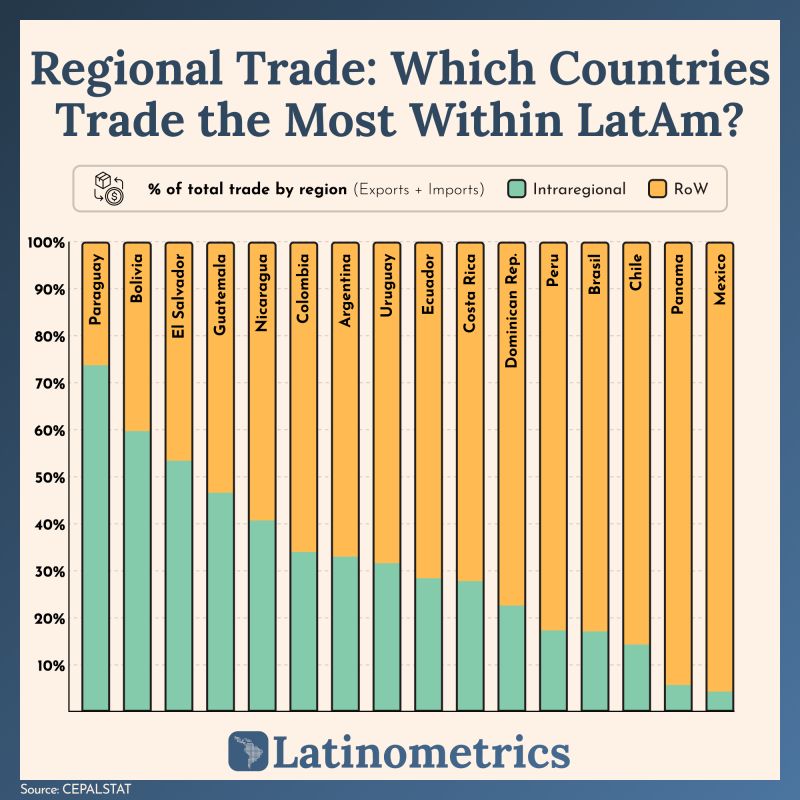

GlobalLatAmNews


The year is 2010. Mexico is celebrating the bicentennial of its Independence from Spain. President Felipe Calderón is engaged in a militarized crackdown on drug cartels. On the back of América Móvil and its Mexican subsidiaries Telmex and Telcel, Carlos Slim has become the wealthiest man on Earth.
A film about Facebook (Meta), The Social Network, came out that same year. Why is that relevant? Read on.
Today, Mr. Slim is the 8th wealthiest man on Earth, but not due to shrinking wealth; his net worth has since practically doubled to almost $100B.
So what happened? US “tech titans” — Elon Musk, Jeff Bezos, and Larry Ellison — took back the podium and raised the stakes of how much is needed to be at the top.
You have to scroll pretty far down the Forbes Billionaires List to find the next wealthiest person from Latin America.
And yet, the phenomenon of innovating “tech titans” rising up as billionaires has not been confined to the United States. Coming in third is Eduardo Saverin, the Brazilian co-founder of Facebook.
You may have seen his character in the film The Social Network, in which, for some reason, Andrew Garfield portrayed Eduardo as a New Yorker guy. By the time the film came out, Facebook had amassed 608M users. Now, 2B+ more users and over a decade later, parent company Meta is the world’s 7th most valuable and has survived dozens of scandals given its hard-to-quantify power.
Also in 2010, a 28-year-old Colombian was getting his MBA at Stanford in preparation for building something pretty cool. David Vélez co-founded Nubank, the digital bank with the biggest user base in the world. Cristina Junqueira, his co-founder, is also on the Forbes list as one of the 13 (out of 94) female billionaires in Latin America.
Unsurprisingly due to size, Brazil has the largest share of the region’s billionaires. The share is, however, significantly disproportionate; 63% of them are Brazilian, whereas roughly a third of Latin Americans are Brazilian.
We’d be remiss not to mention Argentina’s richest person, Marcos Galperin, the CEO and co-founder of Mercado Libre. He exemplifies what the list should show more of in coming years: disruptors that created enormous value for Latin America.
news source;





Four South American countries have filed amicus briefs urging New York’s 2nd Circuit court to overturn a $16.1B ruling against Argentina. The governments of Brazil, Chile, Ecuador, and Uruguay are all urging for a reconsideration of the case, which deals with a 2012 nationalization of the Argentinean oil company YPF. President Javier Milei intends to reprivatize YPF, which was previously state-owned before 1993 and privatized between 1993 and 2012.

Click here to add your own text
Click here to add your own text
Click here to add your own text
Click here to add your own text
Click here to add your own text
Click here to add your own text

